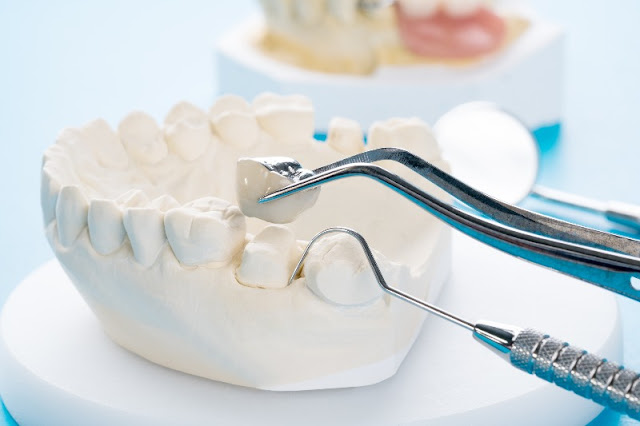Pediatric Dentists San Diego Offer Various Levels Of Sedation For Children
Some children can get worried or even fearful
of specific dental procedures, and going to the dentist can be traumatic for
them. Nevertheless, many dental offices offer various levels of restfulness
dentistry for children, making the entire experience more relaxed for your
child. One of the most common, harmless, and dependable sedation options in pediatric
dentists San Diego is the administration of nitrous oxide, also called
laughing gas. For kids, this option is practical.
Visiting the dentist can initiate anxiety or
pressure in children, and when they know they need an unacquainted procedure,
they terror the experience enough to panic when they arrive. To help child
patients cope with their worries, children’s dentistry of San Diego provides
sedation services to make the trials comfortable and to assist patients with
compliance. One of the most dependable and safe sedation is nitrous oxide,
commonly used in pediatric dentistry. This practical option helps children
relax and comes with a few side effects.
Types of Sedation
Pediatric dental professionals use several
types of sedation:
General anaesthesia:
An anesthesiologist safely administers this
type of sedation so the dentist can focus on accomplishing the procedure. The
effect of general anaesthesia is that the child will sleep quietly, unable to
disrupt the operation or feel any pain. Canulation is necessary for this type
of sedation; the child requires an intravenous (IV) to administer it.
Deep
sedation with IV:
IV medications help a child sleep through the
process. An anesthesiologist at pediatric dentists San Diego or other
trained professional must be present to monitor vitals while the dentist works.
The child will be asleep but still may be able to move around a little or make
noises. A breathing tube is generally used with deep IV sedation.
Mild to
moderate sedation:
The dentist may use oral medicines to help a
child relax or make them a little sleepy. The child generally remains awake or
wakes quickly if they do fall asleep. With this type of sedation, the child is
receptive and able to move and reply. Usually, an anaesthesiologist does not
require to be present, as the dentist can administer these medicines. IVs and
breathing tubes are not used with mild and moderate oral sedation.
Nitrous oxide:
This gas is mixed with oxygen for the child’s
protection and acts as a mild sedative. Nitrous oxide produces a calming effect
without causing the child to fall asleep. While under the effect of the gas,
they might feel dizzy or experience a strange sensation like they are floating.
Another name for nitrous oxide is “laughing gas” because of the high mood it
can cause. It is also one of the least aggressive sedation methods that
dentists use. Nitrous oxide can be titrated easily to adjust the amount of gas
the patient needs. Because it wears off quickly, its remaining effects are low.
Your dentist at children’s
dentistry of San Diego can discuss these options with you and review
the details of the process, along with your child’s health history so that you
can make informed choices regarding pediatric dental sedation protection for
your children.
Side Effects
of Nitrous Oxide in Children’s Dentistry
Nitrous oxide is considered one of the
harmless kinds of sedation, although all types are very benign. However, side
effects are still a possibility.
·
Short-term
side effects: Exceptionally, side effects may happen after breathing too much
nitrous oxide or when the gas regularly fluctuates. Inhaling an excess of gas
in children can cause nausea, vomiting, sweating and dizziness.
·
Long-term
side effects: Long-term side effects of nitrous oxide are infrequent. However, please
get in touch with your dentist’s office if you notice any potential uncommon
side effects.
·
Side effects
in toddlers and children: The short-term side effects are very similar for
children and may comprise nausea and vomiting.







Comments
Post a Comment